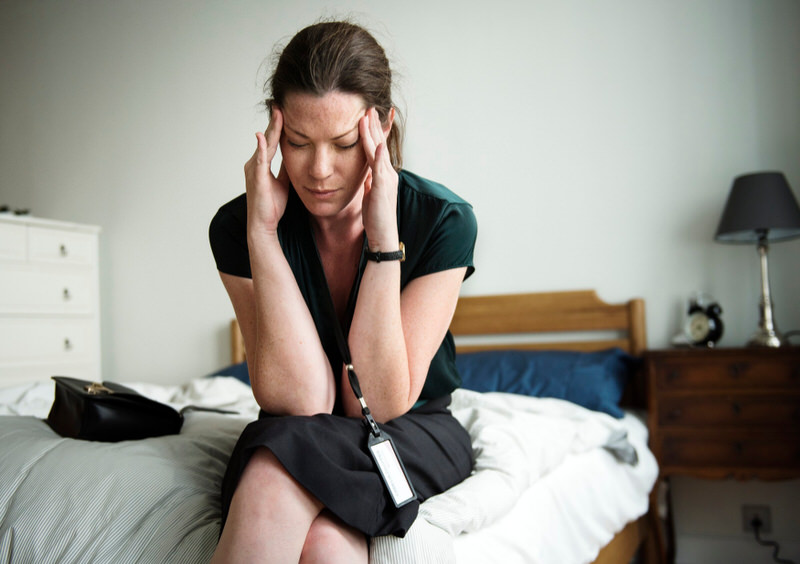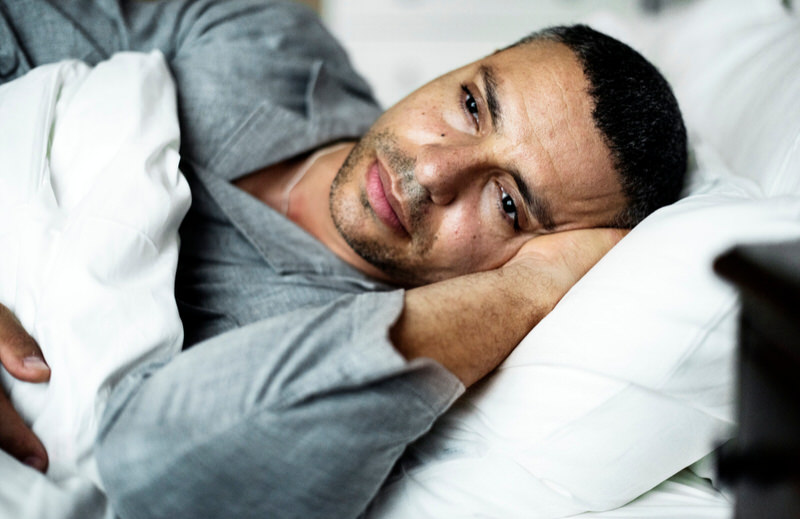Several factors can cause you to have a pulsating feeling in your head. It can surface due to stress, anxiety, infections, and many more. The common factors that can cause a periodic feeling are hunger, caffeine withdrawal, and allergic reactions. It develops into a headache if it does not disappear as soon as possible. Vascular damage around the brain can also give rise to frequent pulsating feelings. If the feeling persists, you need to get a brain scan to determine the problem’s strength.
Pulsating in the head is a common symptom of many health conditions. It arises due to the effect of an infection, inflammation, or even a tumor. Throbbing in the head is when the blood vessels press on the brain. The condition can be caused by many things, including narrowing of the blood vessels, blood clots, or aneurysms.
Healthy people can feel periodic pulsation when they release stress hormones. It can happen when they are in the open sun or drinking alcohol.
It doesn’t often come with pain or heaviness in the head. But, if it does, these symptoms disappear after rest or taking sedatives.
Pulsating in head can be positional headeache
Pulsing in the head relates to positional headache when lying down or in a specific position. A positional headache brings severe pain like throbbing, pounding, or arching in the head while standing or lying down.
These pains often go away without treatments. They are the main symptoms of a low-pressure headache that happens at the back of the head.
If an obstacle appears in the blood flow’s path, there may be a feeling of pulsation. As the patients often describe this symptom, the blood “pounds” in the temples and the back of the head.
This symptom is not specific only to the brain. It may appear after heart disease, arteries – aortic valve insufficiency, hypertension.
Symptoms of pulsating in head
Symptoms of pulsating in the head may include headaches, dizziness, confusion, and blurred vision. If you have these symptoms and they don’t go away after a few hours, you should seek medical attention.
The treatment varies depending on the cause. If you are experiencing this symptom, you need to see your doctor as soon as possible to get a diagnosis and treatment plan.
When a doctor wants to determine the cause of pulsating in the head while lying down, the above symptoms are not enough for diagnosis.
It would help if you took note of anything that triggers it. That can be a sound, light, and many more. They help determine the type of headache related to the pulse.
Types of pulsating headache
Pulsating in the head when lying down may occur due to many factors. These pulses pains are expected to relieve you within 20-30 minutes. But when they do not, they can lead to throbbing headaches.
You need to explain to your doctor what triggered the feeling. It could be not eating for an extended period or being too stressed. The types of headaches that can arise from pulses in the head are:
1. Tension headache

The tension headache is one of the many types of headaches that exist. It represents the most frequent headache of all related to muscle tension.
It occurs due to stress or other reasons involving the contraction of the neck muscles. The typical indication of this type of headache is when you feel tension or pressure, throbbing or throbbing anywhere in the head.
According to the Colombian Neurology Association, this type of headache happens mostly in women in a ratio of 4: 5 (men: women). It also has a higher majority between 30-39 years of age and affects at least 78% of the population.
2. Migraine headache
This other type of headache occurs when blood and oxygen do not adequately get to the brain—a product of narrowing of blood vessel cerebral.
The distinctive clinic of migraines is the feeling of pins and needles or pulsations on either side of the head, be it right or left. Generally, lack of sleep, stress, and intense lighting is the primary cause of migraine headaches.
3. Trigeminal headache
This type of headache connects to the action of the trigeminal nerve. This trigeminal nerve is responsible for receiving all sensations from the muscles of the head and the eyes, face, mouth, and jaw.
The clinical manifestation of this headache is similar to that which occurs in migraine headaches. It affects only one side of the head, and the pain is of solid intensity and throbbing. That is, it feels like palpitations or beats.
4. Cold-stimulated headache
This type of headache occurs unilaterally and is stabbing, a feeling of pulsation in the head.
This headache occurs when the outer part of the head is in contact with an icy surface. It also happens when you eat cold food, for example, when you eat ice cream.
FAQs
Why do I feel a pulse in my head when I lie down?
The most common causes of tremors, rapid heartbeat, and palpitations are always related to anxiety and stress. They tend to disappear when caused by temporary situations, such as a loss or increased work demand.
It could also be due to positional headache, which occurs when one is in a unique posture like lying down. If you experience it only at night, it may be related to a blood pressure problem or sleep apnea.
What does pulsating in your head mean?
Pulsating in your head means feeling a robust rhythmic sensation in the head. It mostly turns to a throbbing headache if it does not go in a short period. Throbbing headaches are prevalent and can occur with migraines or tension headaches.
Periodic throbbing in the head that responds to pain relievers such as Aspirin, ibuprofen, or paracetamol is usually harmless. Throbbing headaches can also occur as part of a sinus or frontal sinus infection. But, if you have headaches more than eight times a month, you should let your doctor check it out.
Why do I hear my pulse, and does it have to do with a headache?
If you hear your pulse, you may have what we call pulsatile tinnitus. For people living with tinnitus or pulsatile tinnitus, hearing your pulse in the ears is something that occurs always or often.
If you notice a constant throbbing in your ears in time with your heartbeat, know that it could be pulsatile tinnitus. It can occur in only one or both ears, but they are somewhat rare.
When you hear your pulse, is it always pulsatile tinnitus, or does it have other reasons?
Many people know the sensation of hearing their pulse because they notice it most times. It sometimes happens right after playing sports or other rugged activities.
But, there are people for whom the sound and pulsation never stop. When the sound and vibration do not hold, the brain gets stressed, causing you to develop a headache.
Conclusion
Pulsation in the head occurs when there is a disturbance in blood flow. It occurs due to short or prolonged spasms, compression, or blockage of an artery. You can find it in osteochondrosis, hypertension, atherosclerosis, vegetative-vascular dystonia.
Depending on the nature of the disorders, pulsation is combined with headache, noise, or arises as an independent symptom. More severe reasons for throbbing include heart disease, tumors, and arterial anomalies.
It would be best to undergo examination and treatment by a neurologist and a cardiologist.


